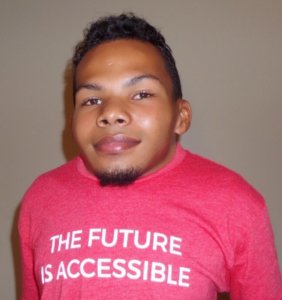 Rockville, Maryland, Feb. 28 – When Quasimodo, nicknamed “Quasi the great,” a German Shepherd, was discovered as a stray in Kentucky, he was scheduled to be euthanized because he has short spine syndrome. Fortunately a family decided to give him a second-hand home. He is described as a dog who does normal dog things but has a certain need for accommodations to help him do daily activities. Quasimodo represents one of just 15 dogs worldwide living with short-spine syndrome. He quickly became an internet sensation because of his disability, gaining more than 50,000 followers on Facebook. Who would have guessed that a dog having a disability could receive so much positivity? I didn’t, because I never do and here’s why.
Rockville, Maryland, Feb. 28 – When Quasimodo, nicknamed “Quasi the great,” a German Shepherd, was discovered as a stray in Kentucky, he was scheduled to be euthanized because he has short spine syndrome. Fortunately a family decided to give him a second-hand home. He is described as a dog who does normal dog things but has a certain need for accommodations to help him do daily activities. Quasimodo represents one of just 15 dogs worldwide living with short-spine syndrome. He quickly became an internet sensation because of his disability, gaining more than 50,000 followers on Facebook. Who would have guessed that a dog having a disability could receive so much positivity? I didn’t, because I never do and here’s why.
It is a sunny day on August 17, 2015, and I am moving into President’s Hall, the dorm I chose for my freshmen year of college at The University of Toledo. I am excited as any entering freshmen student should be on the journey to a higher education. The day started early, at 8:00 a.m. because I wanted to move in as soon as possible. I was eager to meet everyone on campus. At the time I was an extrovert because my high school years were great. I had a great summer after high school graduation, and I wanted to continue having a great experience at the start of my college career. That dream was cut short.
As I was moving in, with the help of my family and the residential advisors for my dorm, I hear a loud shout, “HE DOESN’T HAVE A NECK!” In that moment, I stop in front of President’s Hall and I turn around. I see a car driving by with a person sticking their torso out the car window. That person’s comment was directed toward me because I was born with a congenital condition called Klippel-Feil syndrome. The medical definition of Klippel-Feil syndrome is “a musculoskeletal condition characterized by the fusion of at least two vertebrae of the neck. Common symptoms include a short neck, low hairline at the back of the head, and restricted mobility of the upper spine.” The common definition that society uses, including the person in the car, is “no neck.” [continue reading…]


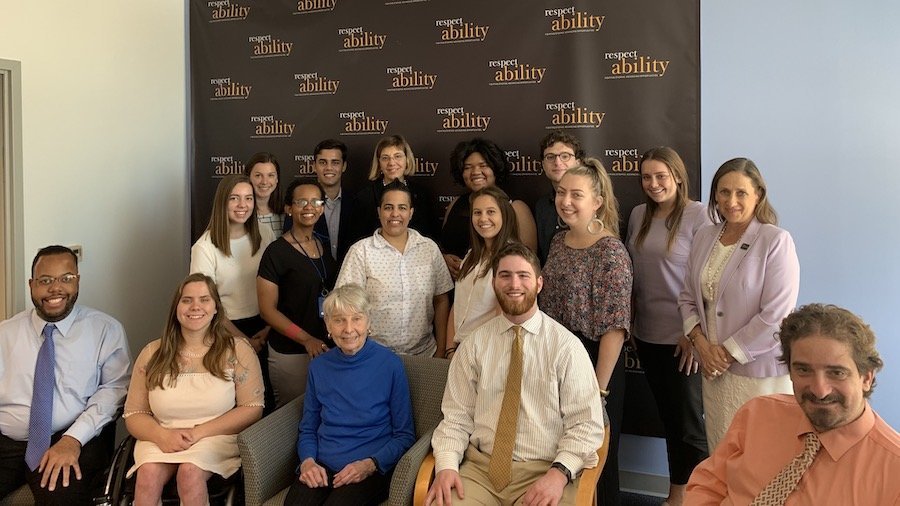
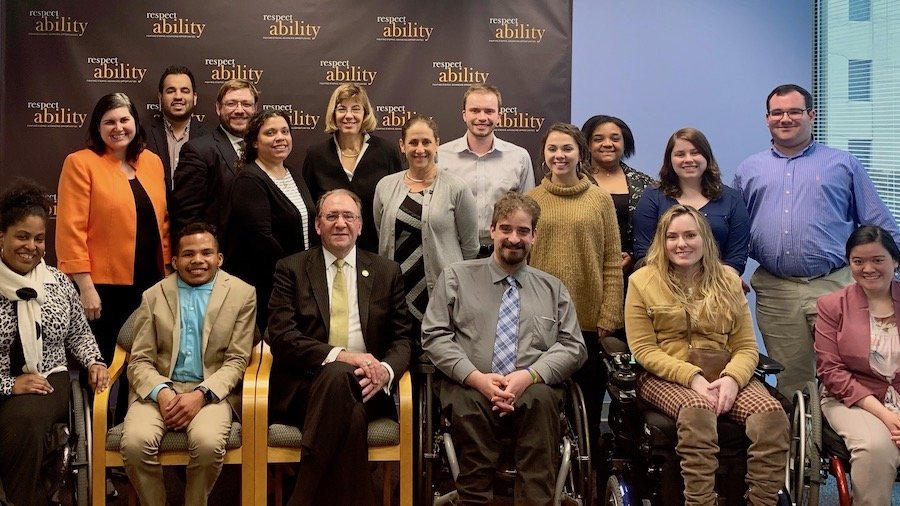
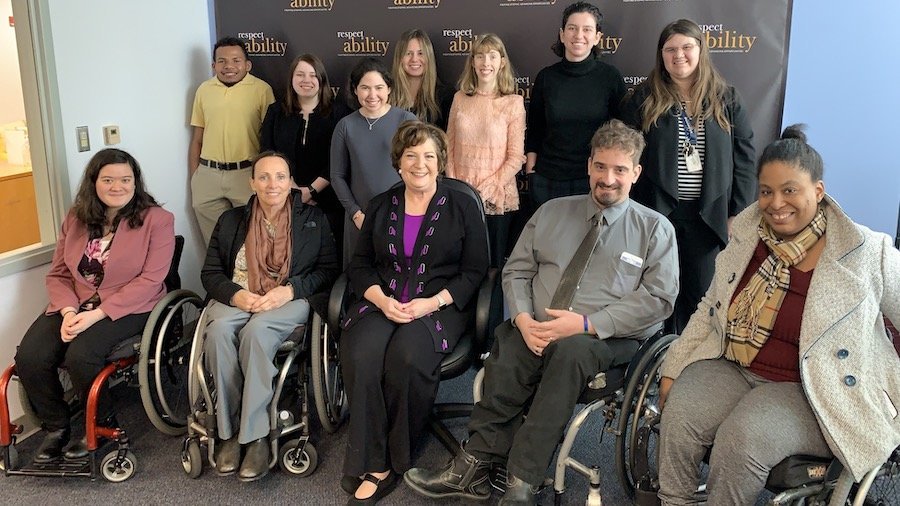
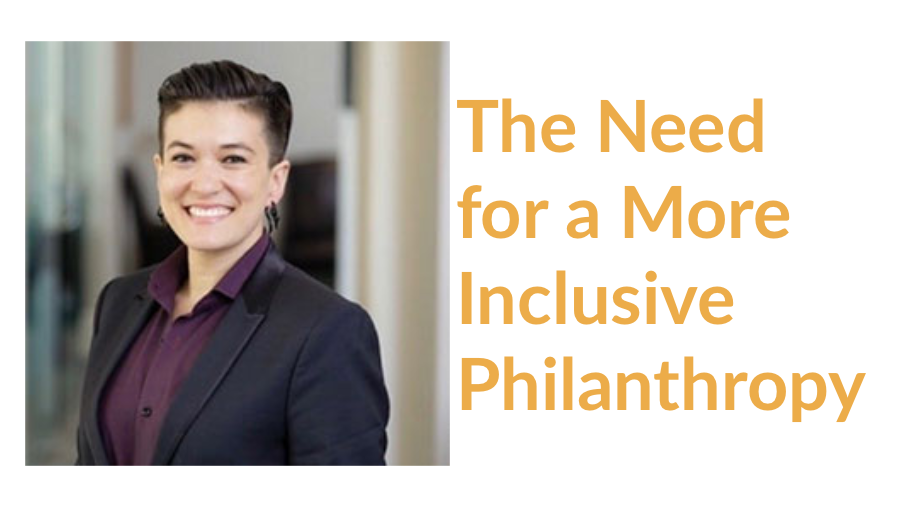
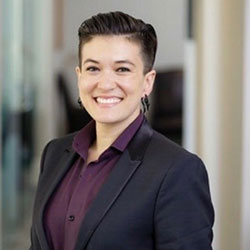
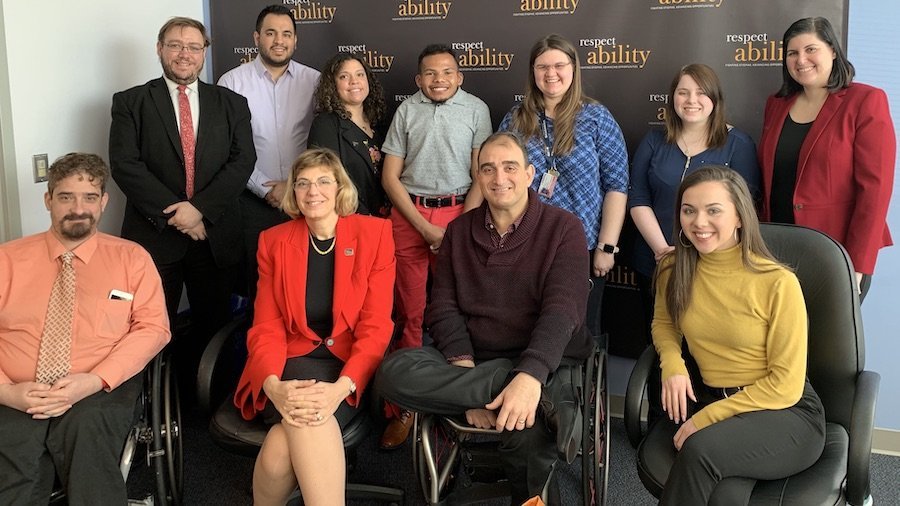
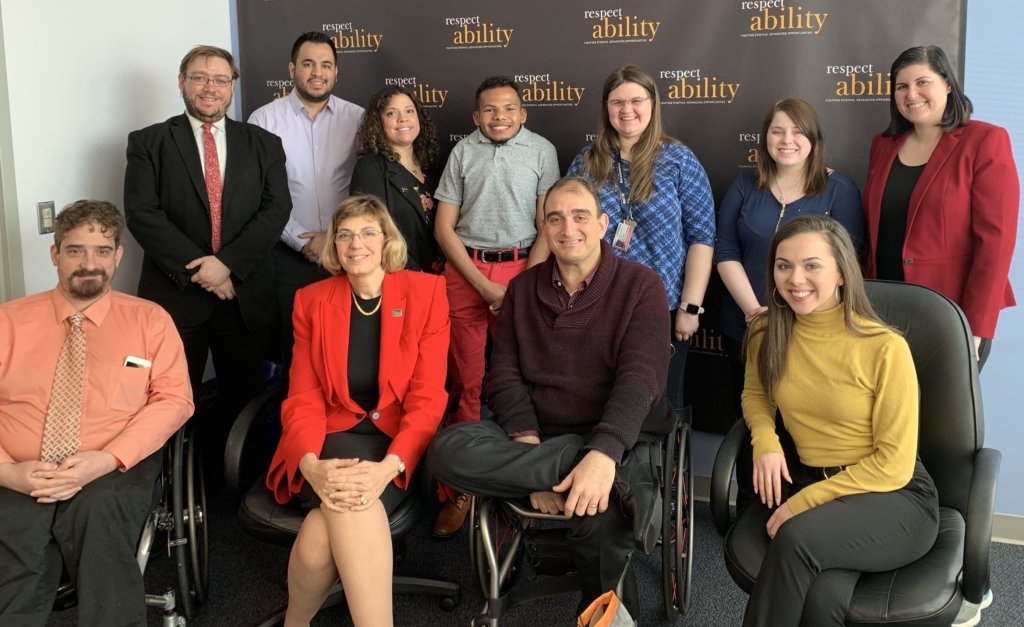
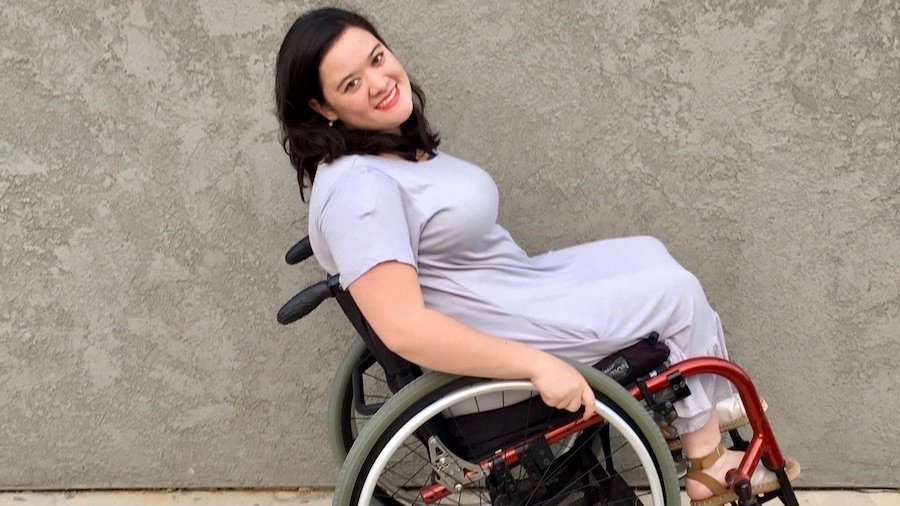
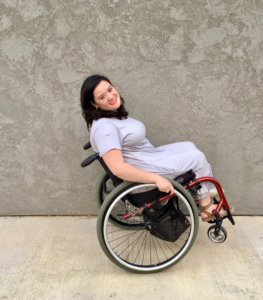
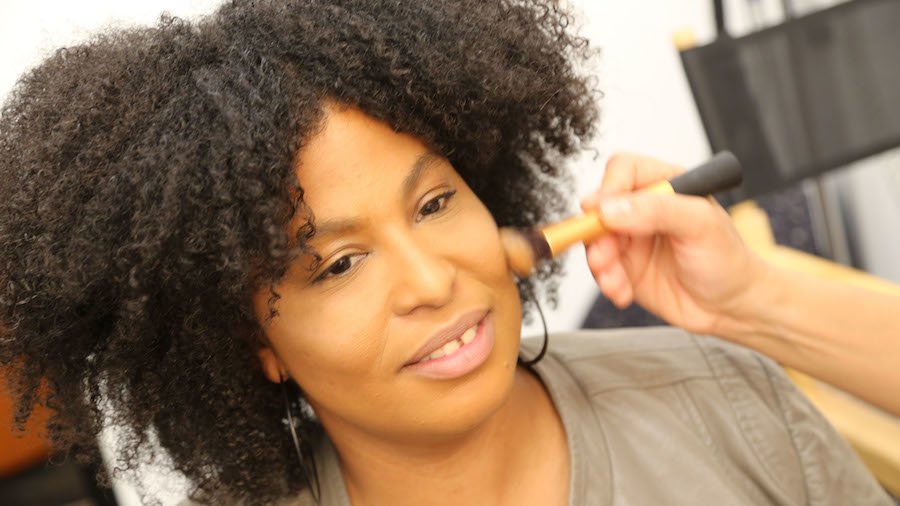
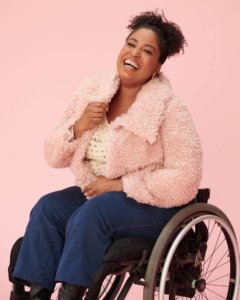
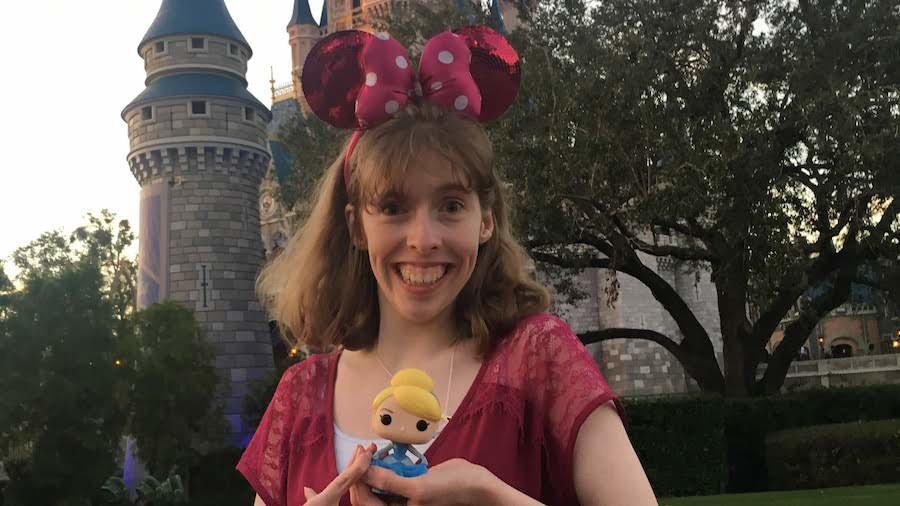
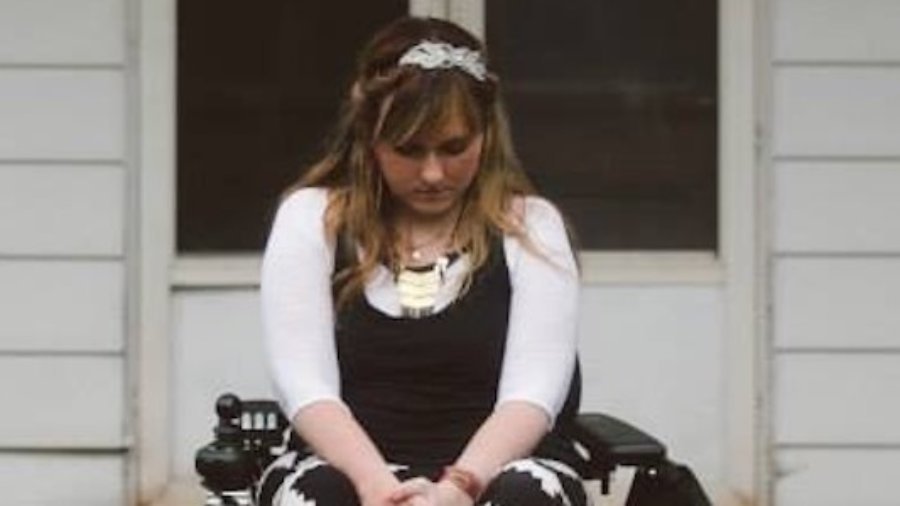
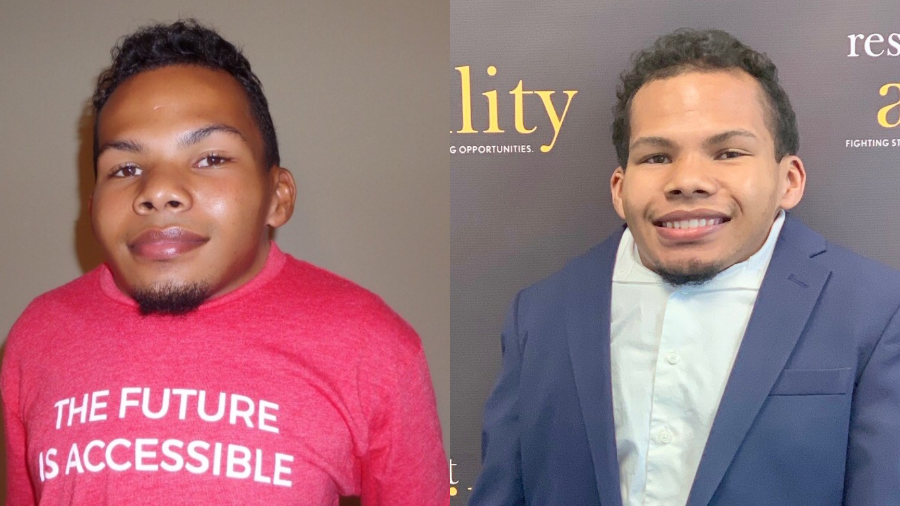
 Rockville, Maryland, Feb. 28 – When Quasimodo, nicknamed “Quasi the great,” a German Shepherd, was discovered as a stray in Kentucky, he was scheduled to be euthanized because he has short spine syndrome. Fortunately a family decided to give him a second-hand home. He is described as a dog who does normal dog things but has a certain need for accommodations to help him do daily activities.
Rockville, Maryland, Feb. 28 – When Quasimodo, nicknamed “Quasi the great,” a German Shepherd, was discovered as a stray in Kentucky, he was scheduled to be euthanized because he has short spine syndrome. Fortunately a family decided to give him a second-hand home. He is described as a dog who does normal dog things but has a certain need for accommodations to help him do daily activities. 


